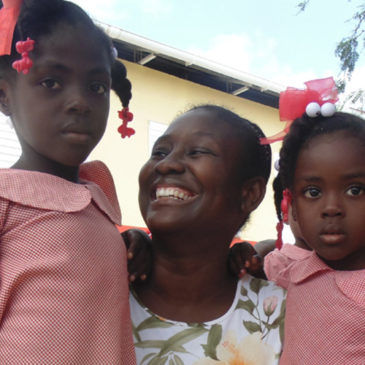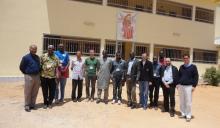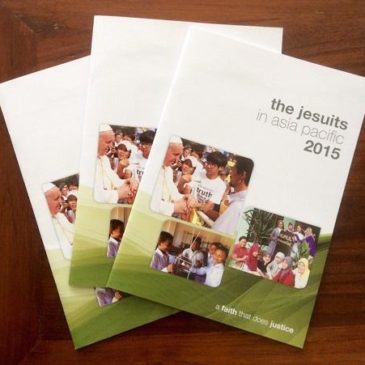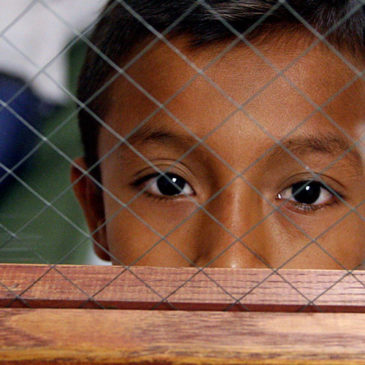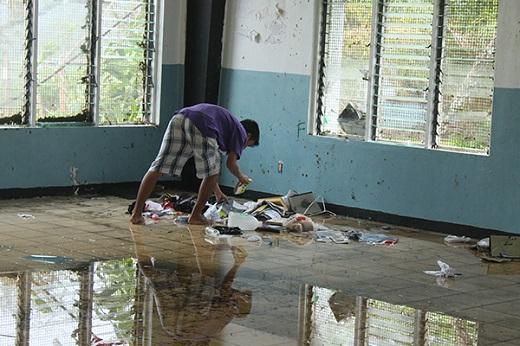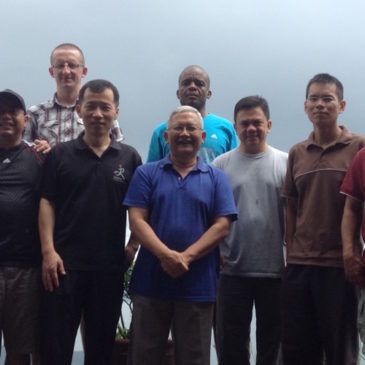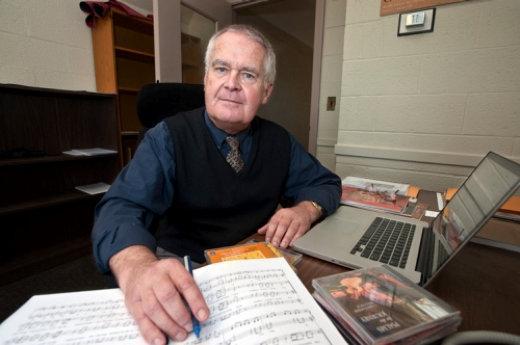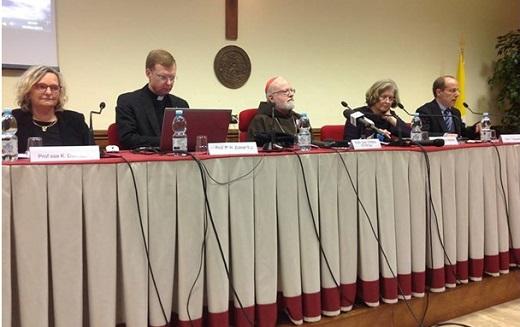Collaborating to promote the right to education
A new Jesuit initiative was recently launched to foster collaboration in making the right to quality education for all a reality across the world. In our world today, 62 million children do not go to school, 250 million children finish primary school without knowing how to read or write due to the poor quality of education and 751 million of people aged 15 and above cannot read or write, and two thirds of them are women.


